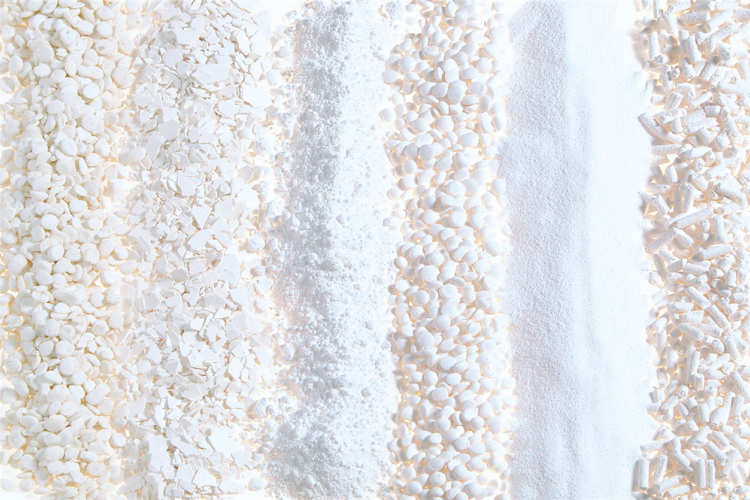Sliders

Lubricants (LUB) are additives that improve the processability of the resin and prevent damage to molding equipment by reducing friction (external lubricants) and lowering bulk viscosity (internal lubricants). Typical external lubricants are metallic soaps, fatty acids, paraffin and low MW polyethylene. These compounds migrate to the interface between the molten resin and the metal surface of the processing equipment, reducing friction. Internal lubricants promote the flow of resin and facilitate mold filling.
Common internal lubricants are oily esters, EVA waxes and oxidized polyethylene. A third class of processing additives are mold release agents (mold release agents), which prevent the plastic product from sticking to the mold and reduce surface defects. Silicone oils, graphite, zinc stearate and molybdenum disulfide are often used for this purpose if the lubricants mentioned above do not provide adequate release agent.
The sliders affect the processing and quality of the final material. The many relationships of the lubricant are very important for the selection.
The main criteria for slider selection are:
Compatibility with main resin
Minimal negative impact on properties
easy login
Approval for certain applications (such as food or medicine)
Minimal retarding effect on gelling (or almost no effect)
Minimal reduction in melt strength and extensibility
good transparency
Improved die exit performance
